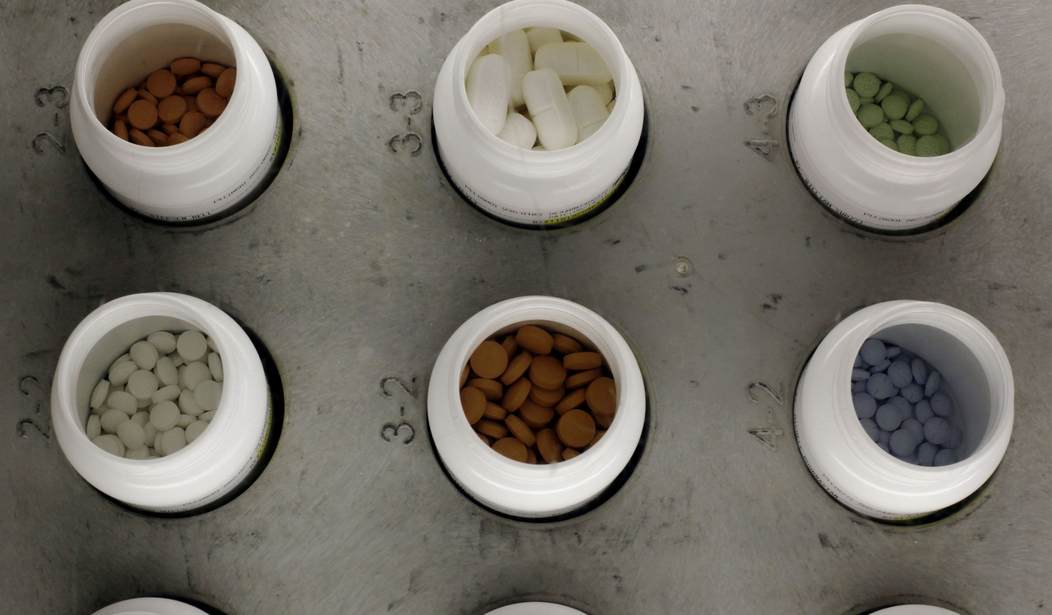The GOP-controlled House of Delegates in West Virginia recently unanimously passed a bill that would require pharmacy benefit managers (PBM) to share the rebates they receive from drug companies with consumers at the point of purchase. The bill now goes to the state Senate.
Pharmacy benefit managers were created to administer drug benefits for health plans including commercial, employee and retiree plans and Medicare Part D. In 2003, the PBM industry secured safe harbor status from Congress that exempted them from criminal prosecution for taking rebates from drug manufacturers.
Essentially, PBMs can collect these kickbacks and give certain medications access to the millions of insured lives they manage over another manufacturer’s products based on how much the companies pay them. The PBMs’ priority shifted from the payer (health plans) to the seller (drug manufacturers) and created a conflict of interest.
Patients may find the cost of their medications drastically increase due to a change in formulary tiering set by the pharmacy benefit manager. A skewed business practice emerged where PBMs are paid a percentage of the cost of the utilized drugs they manage which increases the compensation they receive for higher-priced drugs. Keep in mind that PBMs do no research and development, manufacturing or distribution.
The West Virginia bill is admirable in that state legislators want to address the escalating price of prescription drugs and lower the out-of-pocket costs for consumers, but is it enough? AMAC – the Association of Mature Americans, along with a coalition of physician and patient advocates are working together to see the safe harbor status repealed and the middleman money removed completely from the outpatient prescription drug supply chain.
Recommended
Drug manufacturers’ list prices are negatively affected by the kickbacks they must pay to PBMs. Removing the middleman money and the resulting many billions of dollars saved in drug costs seems like a sensible place to start the forthcoming debate on health care reform.
Andrew Mangione is Senior Vice President at AMAC Action, the advocacy arm of AMAC – the Association of Mature American Citizens. AMAC represents more than 2 million members and stands for fiscal responsibility. He writes on health care issues, among other concerns.

























Join the conversation as a VIP Member